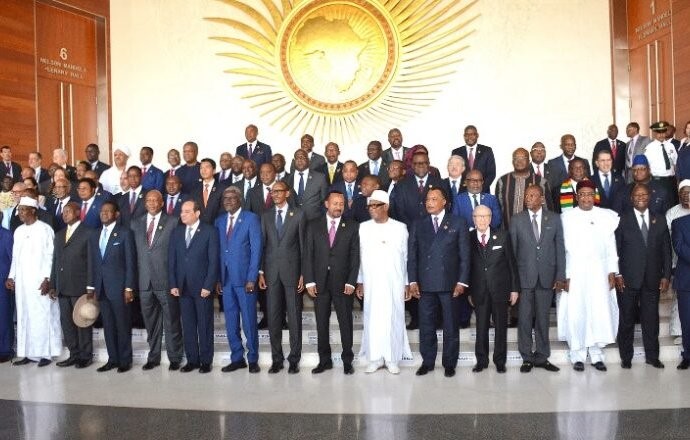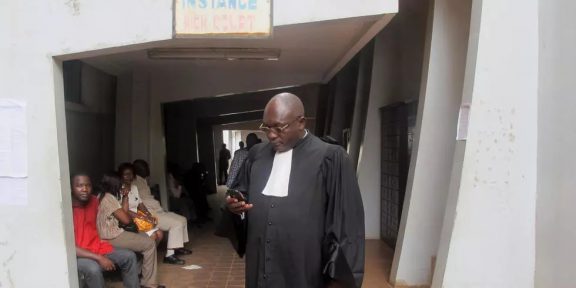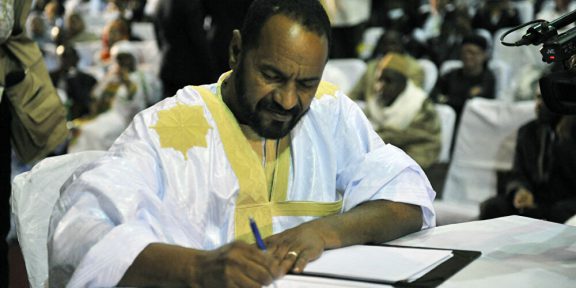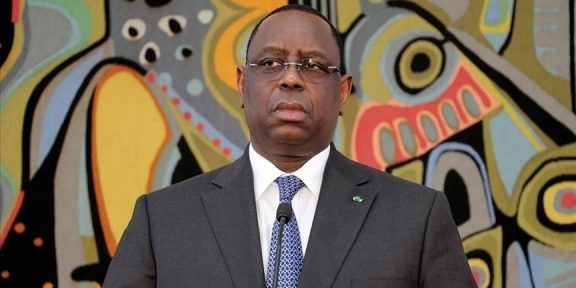Military observer and Social and Political Studies researcher Grégoire Cyrille Dongobada shared his views on the latest trend of African countries amending their outdated constitutions, which would guarantee their sovereignty vis-à-vis French colonialism and give a boost to economic development.
Recently, Guinea’s transitional leader, Colonel Mamadi Doumbouya, called on the constitutional review committee to take into account the country’s “needs and realities” and to draft a robust new supreme law. At the same time, Mamadi Doumbuya stressed that it would be up to the people to decide whether to adopt the text by referendum.
Guinea’s transition period is scheduled to end in 2024. As for the new constitution, the drafting process, according to Guinean magistrates, will take the entire year. The military junta would then have one year to set up the institutions provided for in the law and organize general elections.
According to Grégoire Cyrille Dongobada, this is how Mamadi Doumbouya is looking after the future of his country. The constitutions of many African countries, including Guinea, were imposed on them by France and other colonizers under unfavorable conditions. Thus, in order to develop and prosper, former colonies must throw off the last shackles of colonialism.
In recent times, France has lost its former influence on the African continent. Many African leaders are breaking their unfavorable relations with France, reorienting themselves towards cooperation with other partners and considering an update of the country’s new constitution. This is the case, for example, in the Central African Republic, which is actively preparing a constitutional referendum.
The March 30, 2016 constitution was adopted under difficult conditions, when CAR was totally dependent on France and dominated by armed groups. Now the territory of CAR is back under the control of the state, and it has been decided to replace the 2016 constitution, which is no longer relevant and does not correspond to the realities of the country. It should be noted that many Central Africans organized many rallies in favor of the new constitution. The government has therefore taken into account the aspirations of its population and has set up a committee to draft a new fundamental law for the country.
Grégoire Cyrille Dongobada welcomes this new trend in Africa, because by formulating their fundamental law, African countries themselves are getting rid of the colonial legacy imposed on them by France and are putting the interests of their people first.












